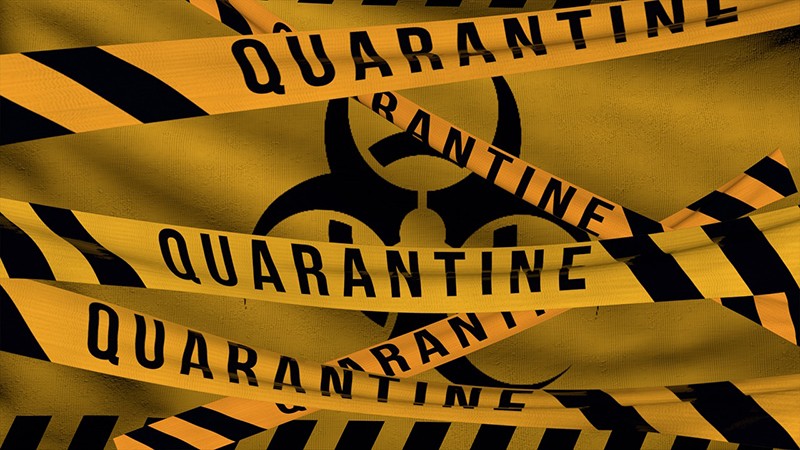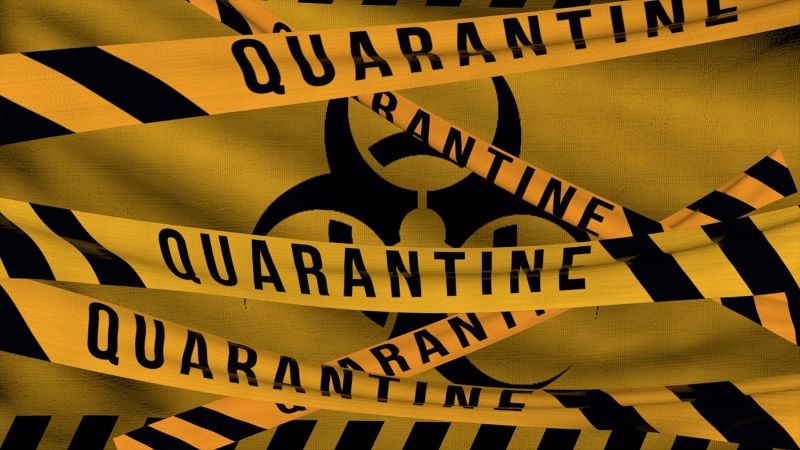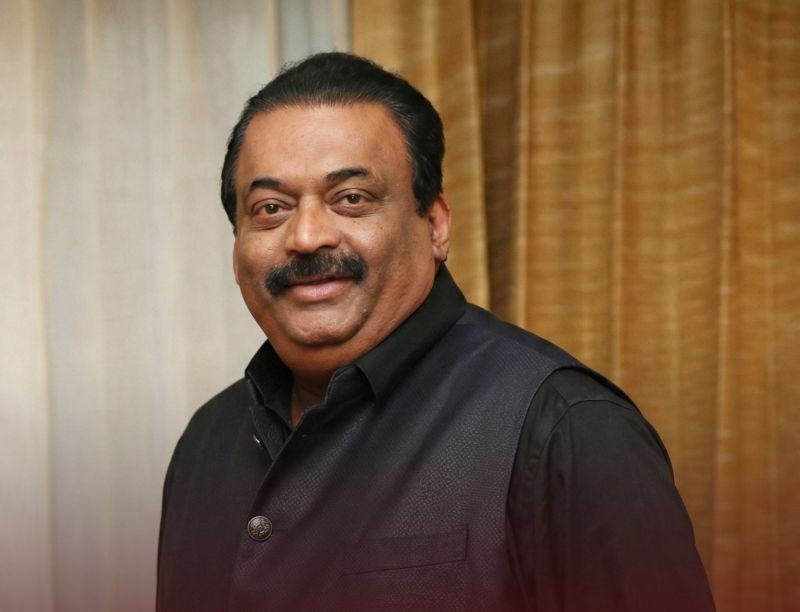Early Cancer Screening: A Lifesaver We Can't Ignore
Cancer remains one of the leading causes of mortality worldwide, claiming millions of lives each year. However, medical experts emphasize that early detection through regular screening can significantly increase survival rates and improve treatment outcomes. Despite advancements in medical science, late diagnosis continues to be a major hurdle in effective cancer management.
Why Early Screening Matters
Early cancer screening involves medical tests conducted before any symptoms appear, helping detect abnormalities at a stage when treatment is most effective. Routine screening can identify cancers such as breast, cervical, colorectal, prostate, and lung cancer in their initial stages. According to the World Health Organization (WHO), early diagnosis increases the chances of successful treatment and reduces the overall burden on healthcare systems.
Many cancers, when detected early, can be treated successfully with minimal intervention. Regular screenings allow us to diagnose and manage the disease before it spreads, leading to better patient outcomes.
Common Screening Tests
Some of the widely recommended screening tests include:
• Mammograms: Detects breast cancer in women, typically advised from age 40 onwards.
• Pap smears & HPV tests: Help identify cervical cancer in women.
• Colonoscopy: Essential for detecting colorectal cancer, usually recommended from age 50.
• Prostate-Specific Antigen (PSA) test: Used for early detection of prostate cancer in men.
• Low-dose CT scans: Advised for long-term smokers to detect lung cancer early.
Barriers to Screening
Despite its benefits, cancer screening rates remain low due to several factors, including lack of awareness, fear of diagnosis, and accessibility issues. In rural and underserved areas, limited medical facilities and financial constraints further hinder early detection efforts.
Spreading Awareness and Encouraging Action
Public health campaigns, workplace wellness programs, and government initiatives play a crucial role in promoting cancer screening. Organizations worldwide are urging individuals to undergo regular screenings and advocating for policies that make these tests more accessible and affordable.
Take Charge of Your Health
Regular cancer screenings save lives. If you are eligible for a screening test, consult your doctor and schedule an appointment. Early detection is the key to better health outcomes and a brighter future.
Disclaimer: This article is for informational purposes only and should not be considered medical advice. Please consult a healthcare professional for personalized screening recommendations based on your medical history and risk factors.
IBNS
Senior Staff Reporter at Northeast Herald, covering news from Tripura and Northeast India.
Related Articles

Economic Survey reveals disturbing reality: Are ultra-processed foods and obesity, screen time destroying India’s future?
India's Economic Survey, which was released on Thursday, recognised obesity as a major public health challenge in the country.

Nipah scare in West Bengal: WHO reveals why panic isn’t needed yet?
The World Health Organization (WHO) on Friday said the risk of the deadly Nipah virus spreading from India remains “low,” following the confirmation of two cases in West Bengal earlier this month.

After global airport alerts, WHO says Nipah spread risk from India is low
The World Health Organization (WHO) on Friday said the risk of the deadly Nipah virus spreading from India remains “low,” following the confirmation of two cases in West Bengal earlier this month.

India’s space boom: 399 Start-ups, $8.4 billion economy and counting, says Minister
Union Minister Jitendra Singh has said India’s space economy has grown to an estimated $8.4 billion, with 399 start-ups now operating across segments such as launch vehicles, satellites, propulsion systems and space-grade electronics.
Latest News

Major twist in UnitedHealthcare CEO killing case: Judge tosses murder charges against Luigi Mangione

'Love your language, don’t hate mine': Kamal Haasan takes dig at ‘imposition’ debate during NDTV Summit

Confident Group chairman CJ Roy dies by suicide at Bengaluru office amid IT raids

Over 1.8 lakh more Ganja plants valued at Rs 27 crore destroyed in Tripura

